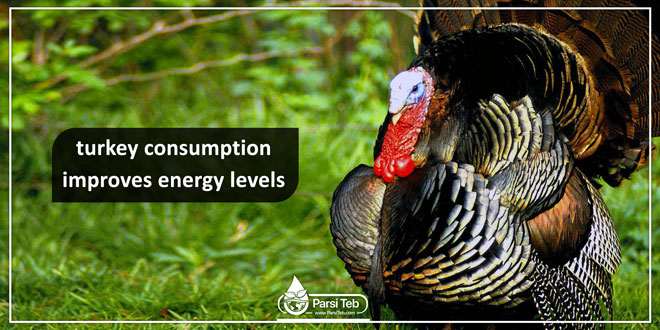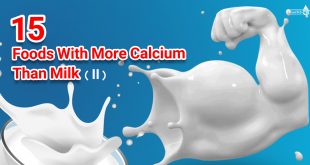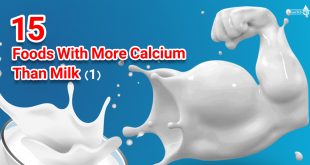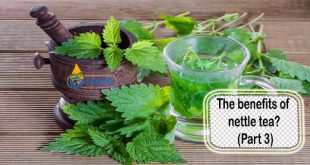Turkey is the traditional meat used for Christmas dinner. The history of this festive food dates back to 1526 when William Strickland introduced this meat to the UK. Following this introduction the popularity of turkey has skyrocketed and during Christmas 2008 approximately 10 million turkeys were consumed in the UK. The good news is that turkey is popular for a reason. Not only is it tasty but it is also extremely healthy. That’s why today I am going to be taking a detailed look at this festive meat and the health benefits it can provide.
WHAT IS THE HISTORY OF TURKEY?
Turkey was introduced to the UK by William Strickland in 1526 when he imported six turkeys from America and sold them for tuppence each. People at the time found turkey to be a tasty, practical and cheaper alternative to other livestock such as cows (which could be used to produce milk if kept alive) and chickens (which were expensive at the time). Henry VIII is believed to have been the first person in the UK to eat turkey on Christmas day. Following its introduction the popularity of turkey steadily increased and people started to follow Henry VIII’s trend of eating this meat on Christmas day. Midway through the twentieth century it overtook goose as the most popular Christmas dinner meat in the UK and during Christmas 2008 around 10 million turkeys were eaten by people in this country.
WHAT ARE THE MAIN NUTRIENTS IN TURKEY?
Turkey is a particularly good source of the macronutrient protein, the macromineral phosphorus, the microminerals selenium and zinc, and the vitamins B3 and B6. Each of these nutrients has a number of important roles to play in your body and support optimal health:
1) PROTEIN:- Protein is essential for the construction, maintenance and repair of your body’s cells. In fact it is often referred to as the building blocks of your body’s cells. Protein also has many other health benefits which include regulating important bodily processes (such as fluid balance) and helping your blood to clot. Turkey contains a massive 30.06 grams (g) of protein per 100g making it one of the richest protein sources around.
2) PHOSPHORUS:- Phosphorus works with calcium to ensure that you have strong bones and teeth. It also supports healthy metabolism, activates the B complex vitamins and helps your body produce the genetic information carriers – deoxyribonucleic acid (DNA) and ribonucleic acid (RNA). 100g of turkey gives you 224 milligrams (mg) of phosphorus which is almost a third of your recommended daily allowance (RDA) for this macromineral.
3) SELENIUM:- Selenium is a powerful antioxidant that protects your cells from oxygen related damage. It acts in a protective capacity throughout your body by assisting in the production of antibodies (organisms which work as part of the immune system to fight disease in your body), preventing certain types of cancer (including colon cancer, lung cancer and prostate cancer), preventing heart disease and reducing joint inflammation. A 100g serving of turkey provides you with a significant 0.032mg of selenium which represents more than half your RDA for this micromineral.
4) VITAMIN B3 (NIACIN):- The main role of vitamin B3 is to help the body break down the blood glucose from the foods you eat into energy. It also keeps your digestive system and nerves healthy and reduces blood levels of low density lipoprotein (LDL) cholesterol (which clogs the arteries) whilst increasing blood levels of high density lipoprotein (HDL) cholesterol (which removes HDL cholesterol from the artery walls). Turkey contains an impressive 7.5mg of vitamin B3 per 100g which represents over a quarter of the male RDA and half of the female RDA for this vitamin.
5) VITAMIN B6 (PYRIDOXINE):- Vitamin B6 helps your body’s cells break down the protein in your foods to single amino acids. It also helps the body produce neurotransmitters (chemical messengers), red blood cells and can prevent heart disease. A 100g serving of turkey gives you 0.56mg of vitamin B6 which represents over a third of the male RDA and almost half the female RDA for this vitamin.
6) ZINC:- Zinc is a powerful antioxidant with a number of roles in the body. It assists in the healing of wounds, maximises insulin sensitivity in the body’s cells (which is of particular benefit for diabetics), maximises your metabolism and supports sperm production. On top of this zinc boosts the immune system, keeps your bones strong, protects you from prostate cancer, reduces stress levels and supports good mental health. 100g of turkey provides you with an impressive 1.73mg of zinc which represents around a fifth of your RDA for this nutrient.
WHAT ARE THE HEALTH BENEFITS OF TURKEY?
Turkey has numerous health benefits, many of which are linked to the nutrients discussed above:
1) CANCER PROTECTION:- Cancer is a disease that develops when the DNA in your body’s cells becomes disrupted. This causes rapid, uncontrollable cellular growth and ultimately leads to the development of a tumour. If these tumours become cancerous they can then spread to other areas of the body and cause further growths. Fortunately, turkey is rich in the cancer fighting nutrients selenium and zinc which can both protect you from various forms of this nasty disease.
2) HEALTHY GROWTH:- Since turkey is a rich source of protein one of its main benefits is that it supports healthy growth. Without protein your body would have no materials with which to build new cells. By eating turkey you can ensure that your body always has the fuel it needs to grow.
3) HEALTHY HEART:- Turkey is a super food for heart health. The selenium and vitamin B6 found in this meat both prevent heart disease. In addition to this the vitamin B3 found in turkey improves cholesterol levels which promotes better blood flow and keeps your heart healthy.
4) IMPROVED ENERGY LEVELS:- Turkey contains two energy giving nutrients – phosphorus and vitamin B3. Phosphorus is essential for metabolism (in simple terms – the process of converting food into energy) whilst vitamin B3 helps your body break down blood glucose for energy.
5) IMPROVED MOOD:- Protein is made up of 20 different amino acids. Turkey is particularly rich in one of these amino acids – tryptophan. The tryptophan found in turkey is used by the body to produce serotonin (a hormone which improves mood levels and can prevent depression).
6) IMPROVED SLEEP:- As discussed above turkey is rich in the amino acid tryptophan. Tryptophan has been shown to improve sleep cycles (particularly in insomniacs).
7) STRONG IMMUNE SYSTEM:- The selenium, tryptophan and zinc found in turkey all boost your immune system. Selenium assists in the production of disease fighting antibodies whilst studies have shown that tryptophan helps the immune system fight multiple sclerosis (hardening or thickening of tissues in the body). Zinc supports the production of various types of white blood cells which are all key components of the immune system.
WHAT ARE THE HEALTH RISKS OF TURKEY?
The main health risk with turkey is that it contains purines. These are naturally occurring substances that can be found in both plants and animals. The human body breaks down purines into uric acid. In some individuals excessive consumption of purines can lead to a build up of uric acid in the body. High levels of uric acid can then cause kidney stones (a hard rock like mass made in the kidney and passed in the urine) and gout (inflammation of the joints caused by a build up of uric acid). So if you have kidney problems or suffer from gout, you may want to moderate your turkey consumption this Christmas.
HOW CAN TURKEY BE SERVED?
On Christmas day you are more than likely going to be cooking a traditional Christmas roast with vegetables and gravy. However, once Christmas day is over there are still plenty of things you can do with the leftover meat. The list below outlines a number of possible serving suggestions:
– Turkey Casserole.
– Turkey Curry.
– Turkey Salad.
– Turkey Stir Fry.
– Whole Grain Turkey Sandwich.
 Parsi Teb Physical and Mental Health Journal
Parsi Teb Physical and Mental Health Journal 



